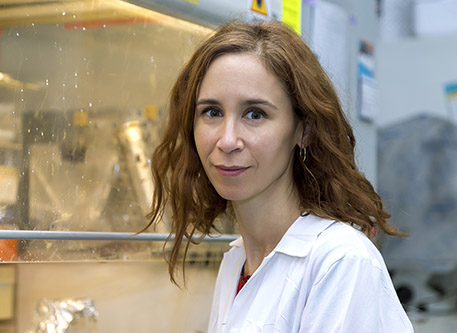
Throughout my career, I’ve been interested in fundamental principles that govern the cellular biology of organisms. As a graduate student, I worked on programmed cell death mechanisms using the fruit fly as a model organism. In my work, I discovered the role that two effector caspases are playing in apoptosis induction, and showed that cells have an apoptotic threshold below which cell death does not occur. Later on, I made key observations revealing the critical roles of caspases in maintaining tissue integrity, and laid the foundation for a new, unanticipated research project. For my postdoctoral training I decided to use my robust background in basic cell biology and molecular genetics to study neglected tropical diseases. I have focused on malaria due to the global health burden it imposes and the fascinating biology of the parasites. During these years, I developed molecular tools to investigate the unique biology of the parasite and identified a class of chaperones a proteases that localize to a unique parasite organelle called the apicoplast. Building on these discoveries, I laid a hypothesis of an organelle-specific proteolytic system that acts as a key regulator of apicoplast biology.
In my new lab, I develop research programs investigating the different mechanisms governing organelle proteostasis and biogenesis. We have a team of postdoctoral, graduate and undergraduate students who work together with an international collaborative network with scientists from various fields. Together, we explore these versatile scientific questions, while developing challenging experimental protocols, new genetic tools and advanced imaging platforms.
Photos:
Dr. Florentin's photo - Dr. Ella Medvedev
Microscope images - Dr. Michal Shahar

